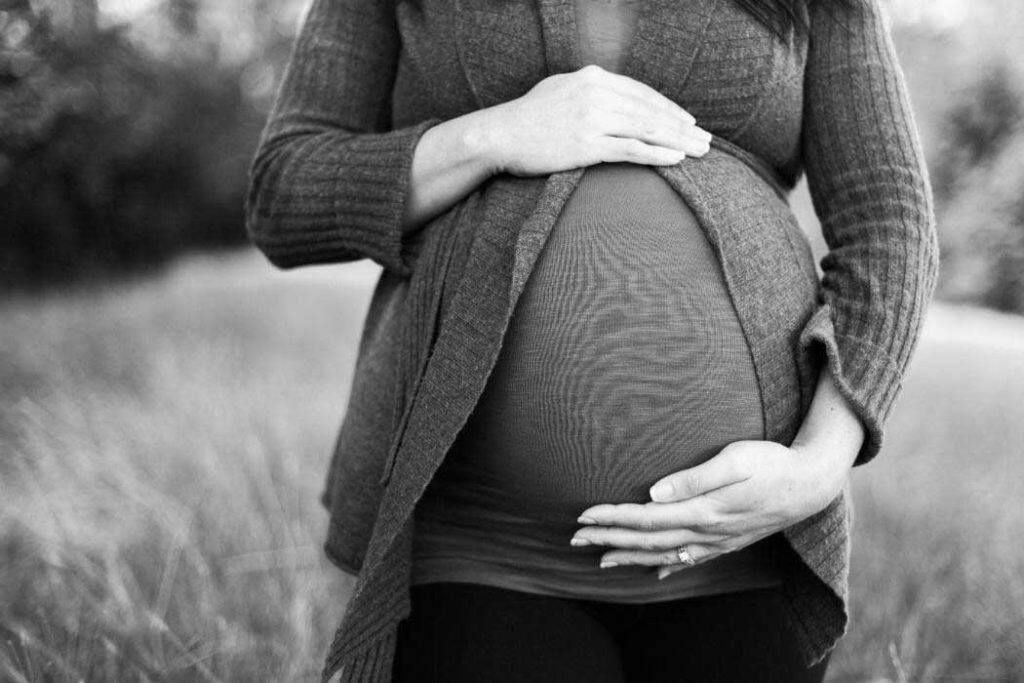A study led by a University of Canterbury geospatial and population health expert has uncovered gaps in nationwide data that tracks maternal immunisation rates.


Health Senior Lecturer Dr Matt Hobbs is also Co-Director of the GeoHealth Laboratory in Te Whare Wānanga o Waitaha | University of Canterbury (UC) Geospatial Research Institute. He collaborated with researchers in the fields of pharmacy, midwifery, public health systems and Māori health to study the accuracy of data relating to maternal immunisations for influenza and whopping cough between 2013-2021.
“The Health and Disability System Review focused on the need for a nationwide approach to improve health outcomes for all. Our study is about an essential component for making that happen – namely, improving the available data and the systems that hold data so the service can achieve the most equitable outcomes,” says Dr Hobbs.
“Ultimately this research is to prevent hospitalisations and potentially fatal outcomes during pregnancy and early infancy.”
The team spent several years collating immunisation records held by pharmacies, general practices, and the Nationwide Immunisation Register. While the researchers saw a steady improvement in the accuracy of data captured by these sources over time, they estimate that in 2021 10% of maternal immunisations were still not recorded.
Dr Hobbs believes this can be attributed to the ongoing transition away from older systems, such as the silos of district health boards, to nationwide health systems such as those to be overseen by Te Whatu Ora and Te Aka Whai Ora, the Māori Health Authority.
“Even though the DHBs are no longer operating separately, some of the infrastructure and data collection systems seem to still be in place,” he says.
“It takes time to develop new data systems but right now it’s a time-consuming process to acquire the full data set. This means the true picture about maternal immunisation coverage in some areas is inaccurate.”
Te Whatu Ora is currently developing a national system, the Aotearoa Immunisation Register (AIR) to replace the aging National Immunisation Register. The new system will enable a comprehensive picture of population immunisation coverage, and support more targeted health policy. Dr Hobbs sees this as a vital step.
Dr Hobbs speaks very highly of the research team, all of whom brought valuable experience and insight to the project.
“We brought a real mixture of expertise together and it’s been so refreshing to work with this team. We really gel and we’ve already identified the key areas we’d like to work on more.”
This may include future research to study data regarding other vaccines, he says. “The data flows down to the community both indirectly and directly, for instance in terms of better understanding who needs support.”
The study, funded by a Health Research Council Activation Grant, has just been published in the New Zealand Medical Journal. A further study, now under way with Dr Amber Young and Dr Esther Willing from Otago University, focuses on improving the uptake of maternal vaccination across Aotearoa. The data-focused project will help to underpin this research.







































